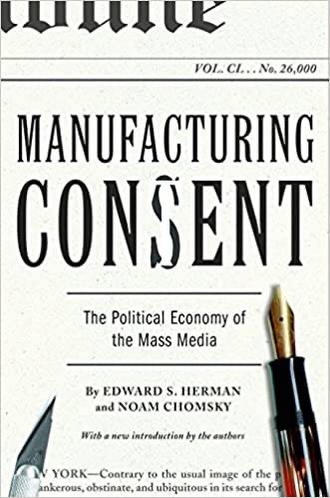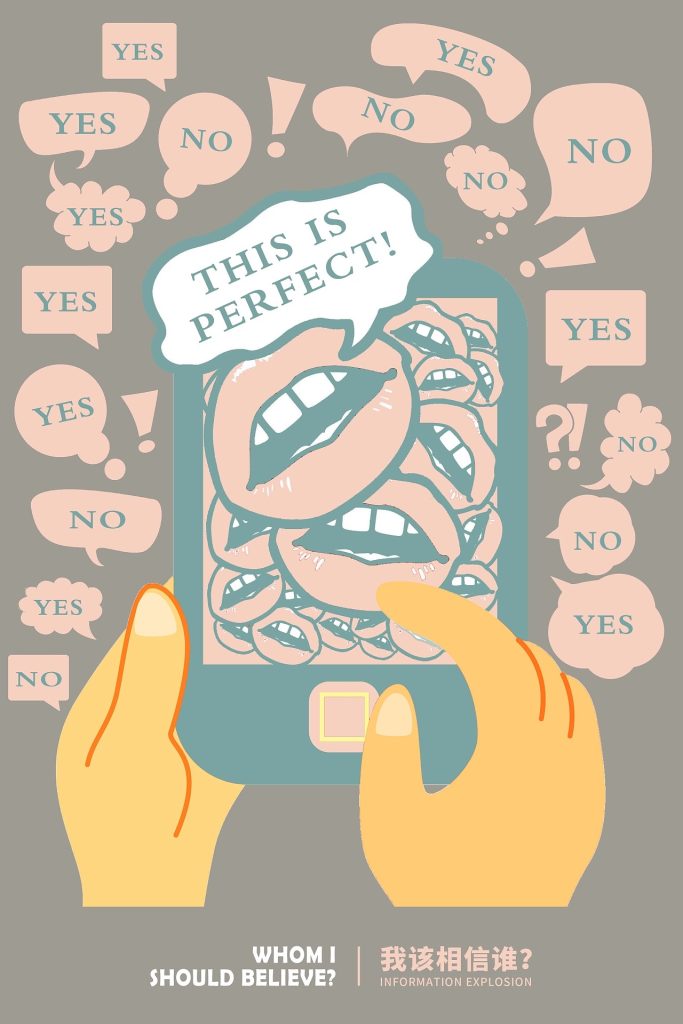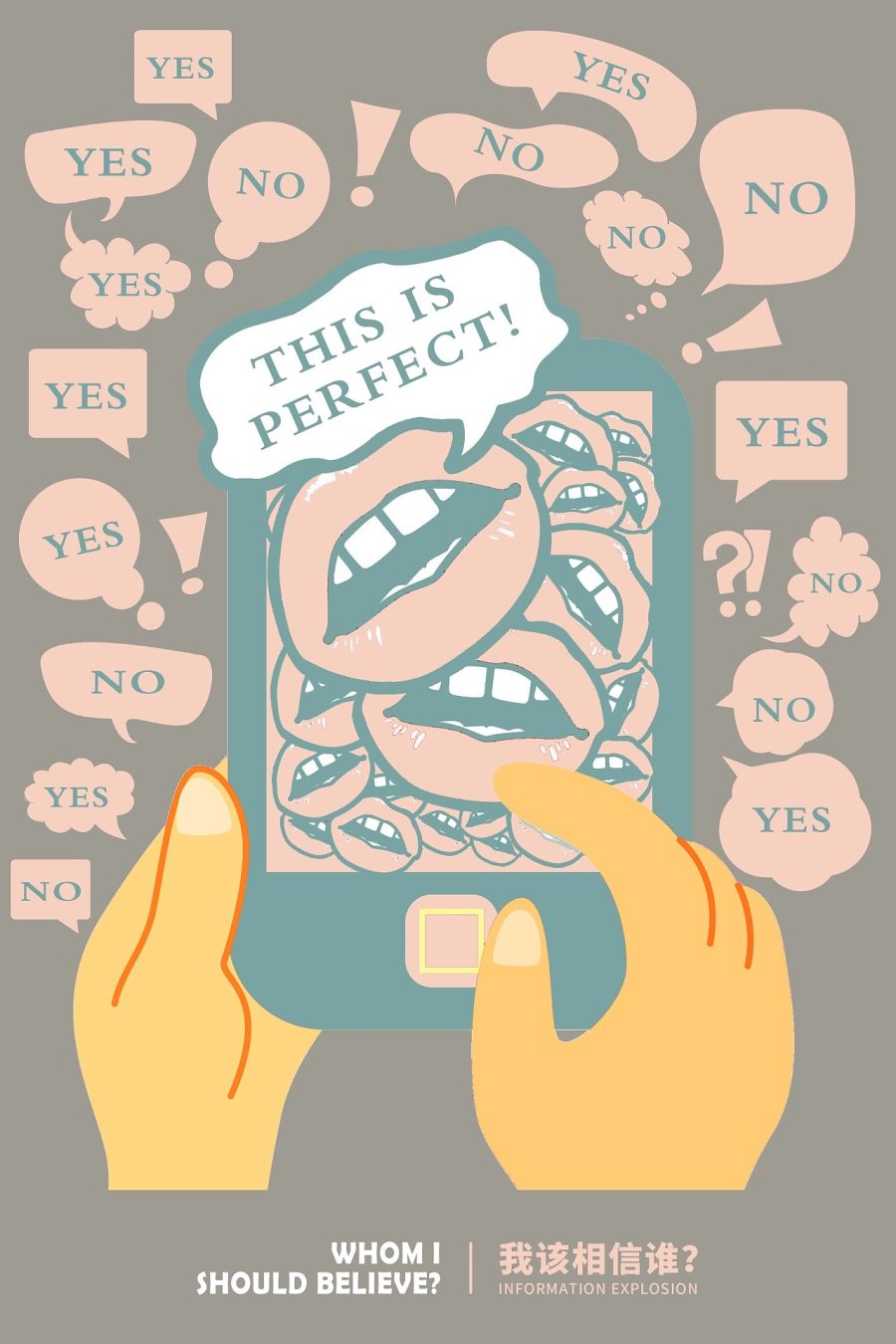
Noam makes the point about manufacturing consent. The interaction between the mass media and public opinion reveals the process of creating “consent” in modern society. We should think about how capital influences public opinion and behaviour by manipulating public emotions, shifting topics and creating psychological pressure. This is an important revelation for understanding the public opinion environment and media strategy in modern society.
Noam’s viewpoint made me realise that in our daily life, we are often encompassed by a variety of media messages, and the media’s choice of messages and the way they are presented often influence our opinions and behaviours. We need to be more rational about media messages and learn to think independently without being swayed by the media. I agree with his emphasis on the importance of independent thinking.

I believe that today we should learn to reflect on how to face the problem of dishonesty and deception in human life, often powerful people and groups or political parties they usually resort to tactics of forgery, manipulation or deception in order to influence and control the human mind. These people colonise the life world by using nostalgic narratives, idealising a fictional past and generating conspiracy theories to create false consciousness. This colonisation not only contributes to social pathologies but also restricts the spirit of democracy, secularism and pluralism in a multicultural country like Indus. I believe that the best solution to this dilemma is to insist on human subjectivity and agency, and alternative media can play an important role in this endeavour.

In the age of information explosion, we need to have our own independent judgement and not be swayed by the media and all kinds of information. At the same time, I also believe that the phenomenon of “manufactured consent” does exist in modern society, and we need to be vigilant to avoid being influenced by such tactics. I have gained a deeper understanding of the relationship between the media and public opinion, and the need for us to maintain our ability to think independently.
Reference:
Ghosh, B. (2022) ‘Politics of manufacturing consent in a post-truth society’, Journal of Developing Societies, 38(1), pp. 7–26.
MacLeod, A. and Chomsky, N. (2019) ‘Still manufacturing consent’, Propaganda in the Information Age, pp. 12–22.


Hi, Shirui, the blog post insightfully explores how media and those in power can influence what we think. It’s a great reminder for us to stay sharp and not just blindly follow what we hear or see in the media. The key message is to not let those with power manipulate our beliefs just because something is widely circulated. In today’s world, where we’re bombarded with loads of information, it’s crucial to stay vigilant and think critically. The post serves as a practical nudge to keep our eyes wide open and actively question and understand what’s happening around us, rather than just passively taking in information.